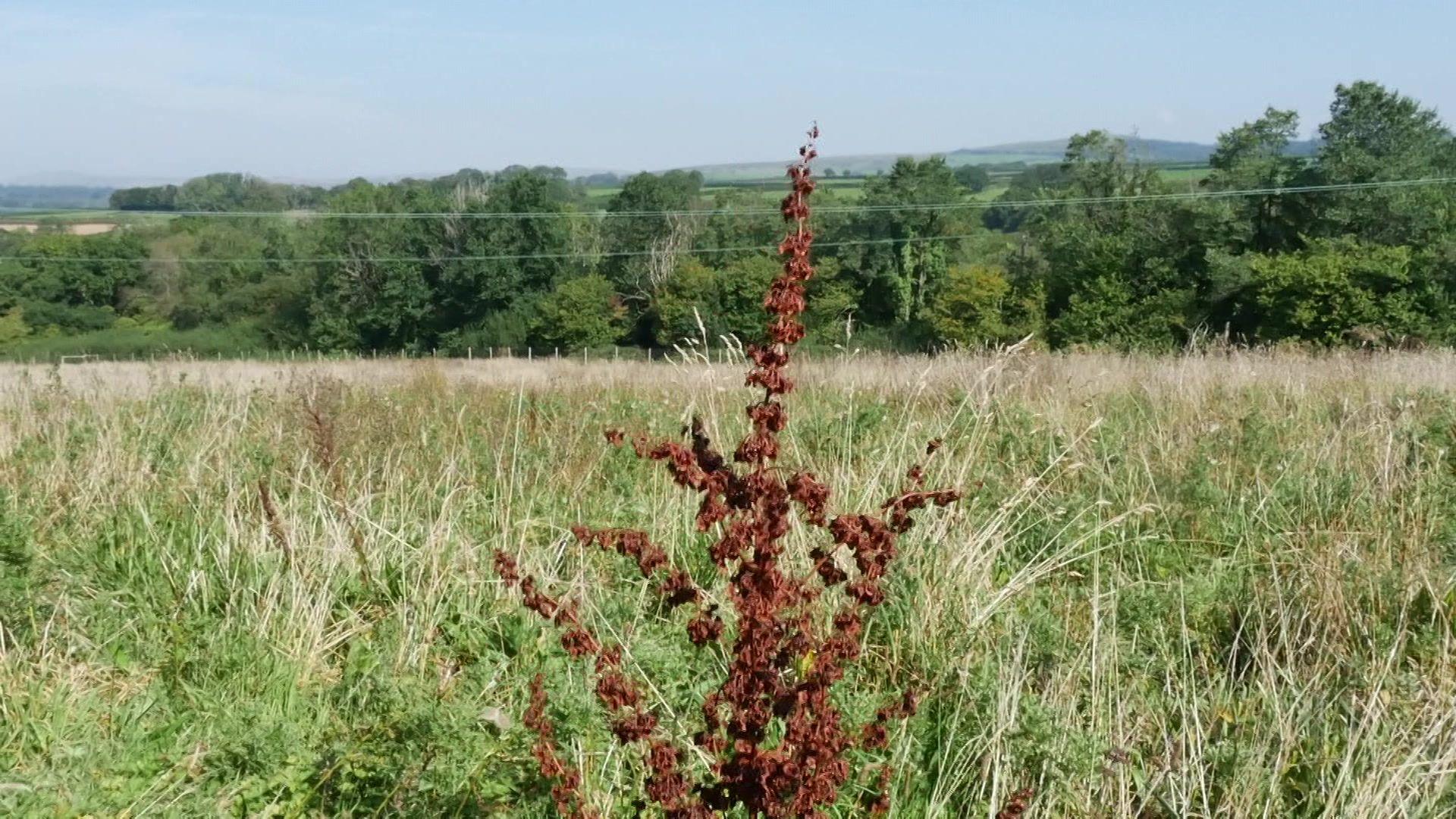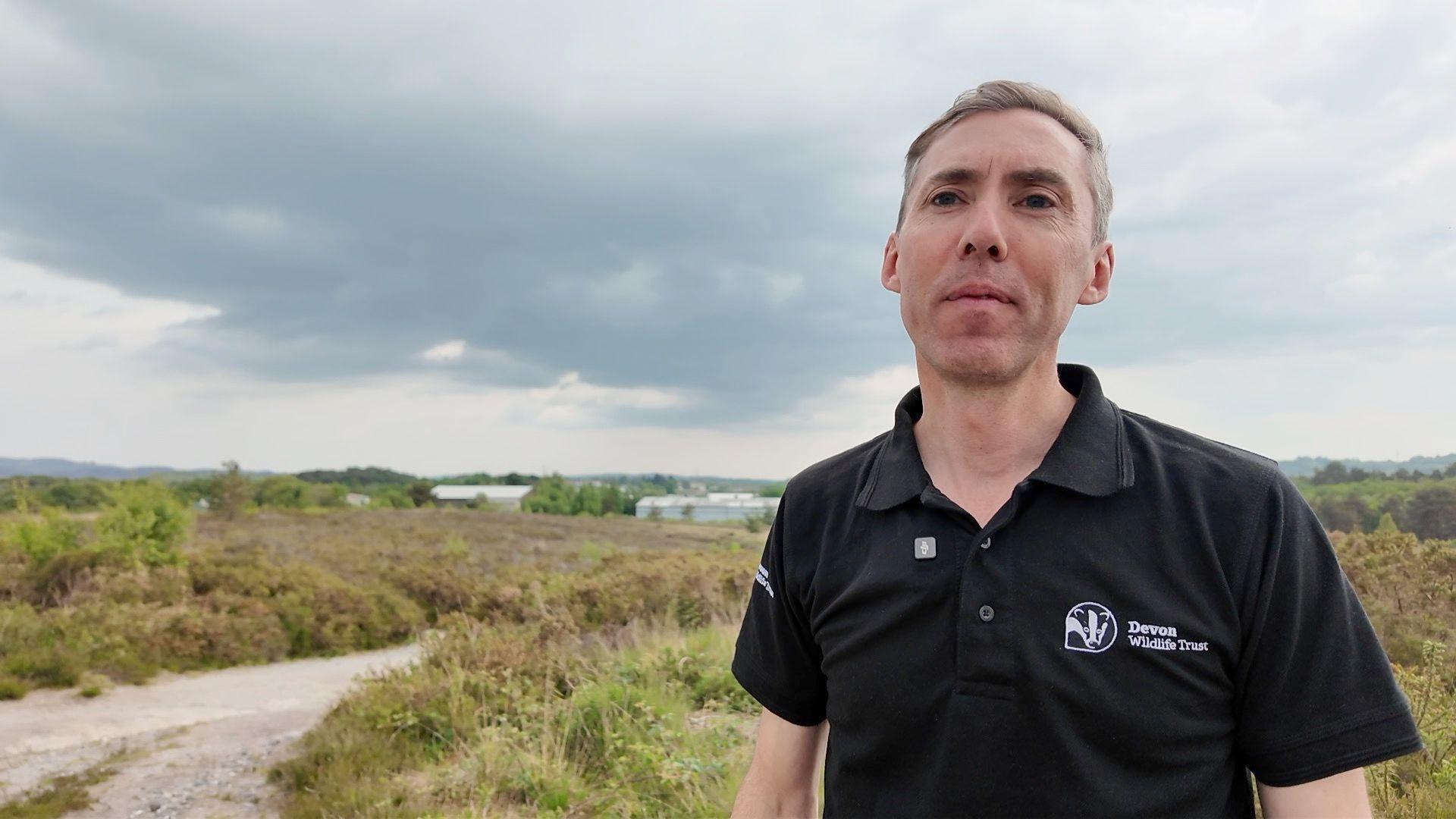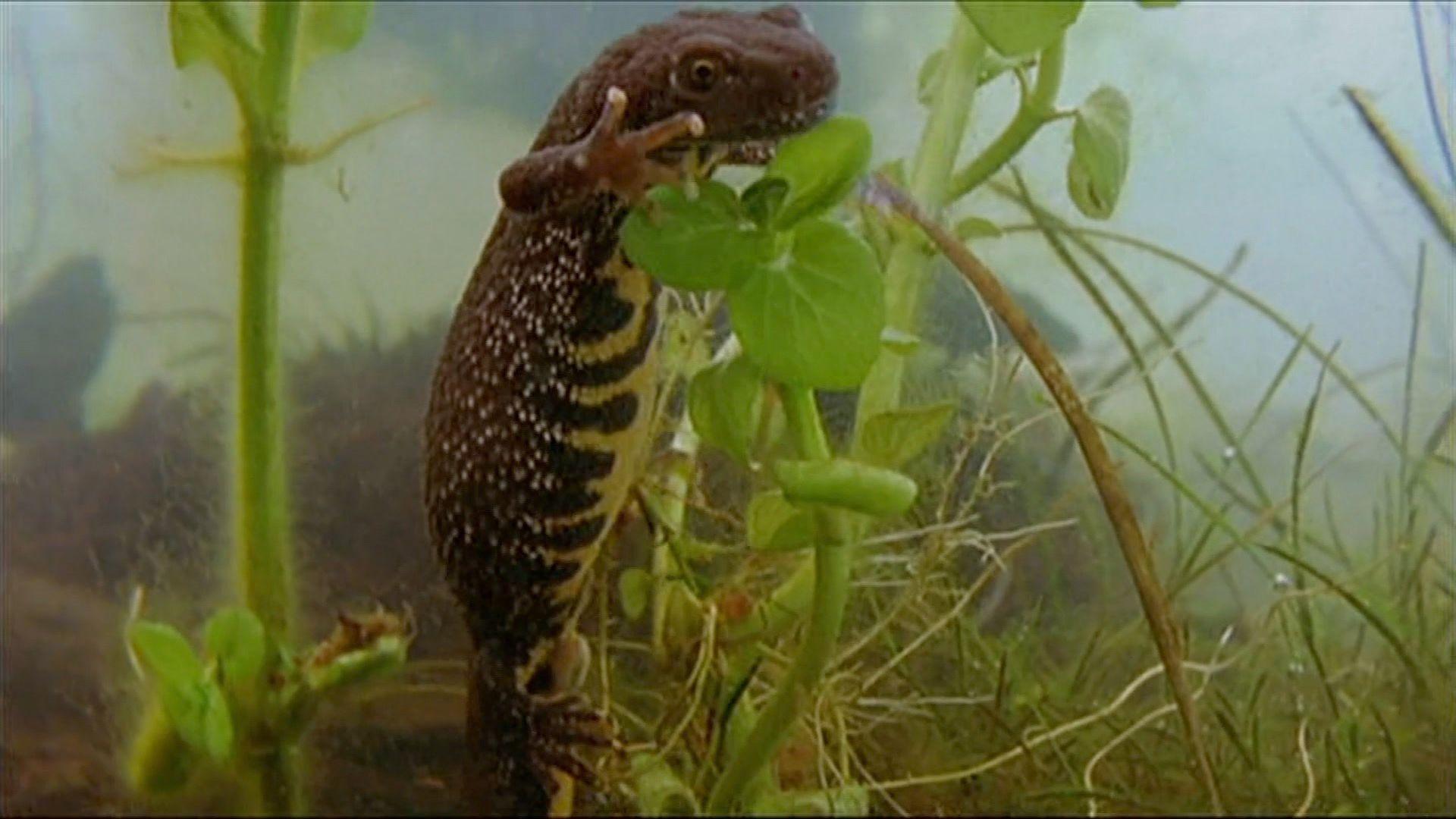Housing bill 'catastrophic for wildlife' - charity

The government hopes its new Planning and Infrastructure bill will speed up house-building
- Published
A new bill which the government says aims to speed up housebuilding has been described as "catastrophic for wildlife" by a nature charity.
Devon Wildlife Trust's chief executive Nick Bruce-White has said it will give developers an open door to pay "cash to trash" the environment.
Labour says it wants to build 1.5 million homes during this parliament and 150 large infrastructure projects.
The government says the new Planning and Infrastructure Bill will deliver a "win-win" for the economy and nature by ensuring builders can meet their environmental obligations faster.

Chief executive of Devon Wildlife Trust, Nick Bruce-White says the housing bill is "a disaster" for nature
Devon Wildlife Trust has said it wants part three of the bill, entitled Nature Restoration Fund, scrapped.
Mr Bruce-White said it would be "catastrophic for wildlife by effectively giving developers licence to trash wildlife habitats".
He said it "represents one of the most significant threats to nature that we've faced in decades".
"We've worked really hard with government to try and make sure environmental protections are kept within the planning system, so we can both grow the economy and restore nature at the same time.
"All our work behind closed doors has been met with platitudes and false reassurances and we feel like we are being completely ignored," he added.
'Environmental improvements'
The government says the Nature Restoration Fund "will ensure there is a win-win for both the economy and nature by ensuring builders can meet their environmental obligations faster."
"These changes will remove time intensive and costly processes, with payments into the fund allowing building to proceed while wider action is taken to secure the environmental improvements we need."
At the bill's third reading, the Minister for Housing and Planning, Matthew Pennycook said: "To those who believe this government might buckle and scrap part three of the bill entirely, I simply say, "You have underestimated the resolve of this government and this minister."
"The case for moving to a more strategic approach that will allow us to use funding from development to deliver environmental improvements at a scale that will have the greatest impact in driving the recovery of protected sites and species, is compelling."

Devon Wildlife Trust says great crested newts can be wrongly blamed for delaying planning developments
Devon Wildlife Trust says often great crested newts and bats are blamed for delaying planning developments, but its own research shows they represent just 3% of planning application appeals.
The charity says sensitive and protected nature sites could be at high risk of damage or destruction under the new planning framework, with species like curlews, water voles, and the High Brown Fritillary butterfly at risk.
Members of the House of Lords will now debate the bill.
- Published11 April
- Published28 March
Related links
Follow BBC Devon on X, external, Facebook, external and Instagram, external. Send your story ideas to spotlight@bbc.co.uk, external.